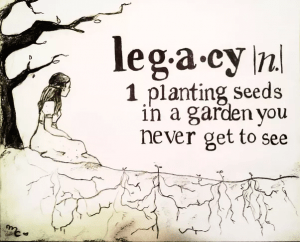By: Rahmel Bailey
When I first began this project my main goal was – go big. I wanted to create something that would push me to learn about new techniques in video editing and have fun while being able to show my creativity. In this project, I was able to do just that. However, the process wasn’t simple. I intended to complete the project very early and after choosing my song I had initial thoughts on an overall message that would guide the video. I came up with a song and video duo that would focus on the battle between life and legacy. However, I wasn’t sure how I would put everything together, and when I would have time to spend learning software. Last week I attempted to make a push while studying for a big exam. I completed the entire outline from start to finish and my next job was to record. My brother came to visit me over the weekend, which was great because he helped me put the pieces together. I spent the rest of my time editing but, there were some defects in the video because I am still learning the software.
I chose legacy vs. time as my theme because I aim to do work that positively impacts others and leaves a mark on the world. I have many interests that involve me tackling that challenge in different ways. I sometimes wonder if I have enough time to do them all. I have always been interested in music, movies, politics, engineering, African-American history, business, sports, and the list goes on. Therefore, I chose legacy vs. time.
The feedback from the Peer Review was very helpful and I took it into consideration. My partner Clarisa gave effective feedback that made me feel more confident about my idea for the project but it also questioned the scale of the project given my skills and time. Because of that feedback, I decided not to include some of the green screen ideas I had before such as a video background that was constantly changing and speeding up. For this project, I didn’t have enough time to add the features that I originally planned. It would have taken me days to figure out how to get that effect to work.
In all, I like how the project came out even if it has a rough look from the videography and editing. I think the rough look gives it a style that goes fits the music. In the future, I will take more time to learn the video editing software to create a more refined video.











